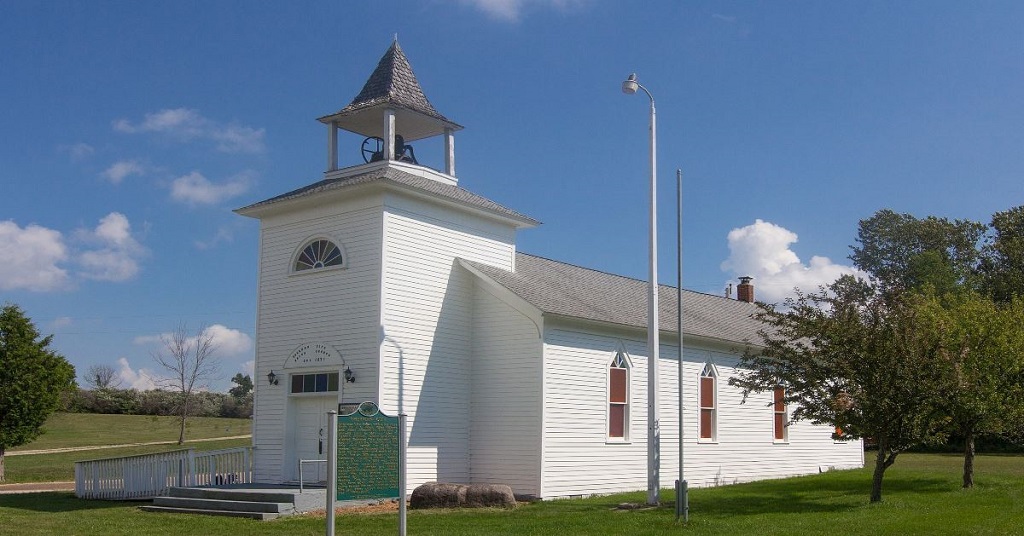Non-Denominational Churches are a growing trend in modern religious communities. These churches are often referred to as “independent,” “generic,” or “non-aligned” and have no official affiliation with any particular Christian denomination. So, what makes a Non-Denominational Church unique, and how does it differ from the rest? In this blog, we’ll explore four key differences between Non-Denominational Churches and traditional denominational churches.
1. Theology and Beliefs
One of the main differences between Non-Denominational Churches and traditional denominations is their approach to theology and beliefs. Non-Denominational Churches tend to have a more generalized and inclusive approach to religious teachings, whereas traditional denominations often have a specific, rigid doctrine that members are expected to follow.
In a Non-Denominational Church, the focus is on the central teachings of the Bible, rather than adhering to a particular set of beliefs or interpretations. This allows for a more diverse group of people to come together and worship, regardless of their individual beliefs.
2. Leadership Structure
Another significant difference between Non-Denominational Churches and traditional denominations is their leadership structure. Non-Denominational Churches often have a more decentralized leadership structure, with multiple leaders sharing responsibilities and making decisions together. In contrast, traditional denominations often have a hierarchical leadership structure, with a clear chain of command and a single leader at the top.
In a Non-Denominational Church, there is often more of a democratic approach to decision-making, with all members having a voice in important matters. This can create a more inclusive and empowering environment for members, as they have a direct impact on the direction of their church.
3. Services and Worship Styles
Non-Denominational Churches also tend to have a more relaxed and contemporary approach to services and worship styles. They often incorporate elements of different denominations and worship styles, as well as incorporating modern technology and media into their services.
Traditional denominations, on the other hand, often have a more traditional and formal approach to services, with specific liturgical elements and rituals that are performed in a specific order. In a Non-Denominational Church, there is often more room for creativity and expression, allowing for a more personalized and meaningful worship experience.
4. Community and Outreach
Finally, Non-Denominational Churches place a strong emphasis on community and outreach, creating a welcoming and inclusive environment for all. They often have a variety of programs and activities aimed at serving their local community and reaching out to those in need.
In contrast, traditional denominations may have more specific outreach programs and missions, but may not place as much emphasis on creating a sense of community within their own walls.
Discovering the Inclusive and Dynamic Worship Experience at a Non-Denominational Church Near You
Non-Denominational Churches offer a unique and dynamic approach to religion, emphasizing a generalized approach to theology, decentralized leadership, contemporary worship styles, and a strong emphasis on community and outreach. If you’re looking for a Non-Denominational Church Near Me or a Nondenominational church in Huntsville AL, consider visiting a Non-Denominational Church to experience this dynamic and inclusive approach to worship.


